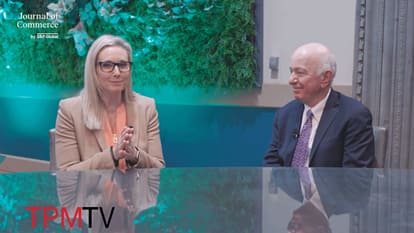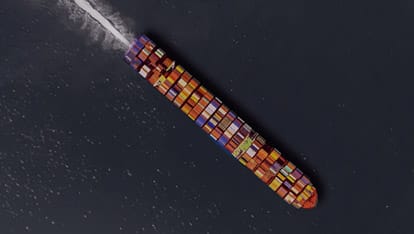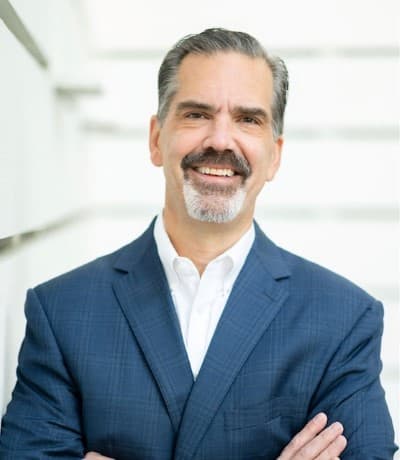- Program
- What's New
- Speakers
- Who's Attending
- TPM Community
- Partners

TPM Partnership
Partnership places your company in a position of authority and enables you to build and strengthen your relationships, visibility and reputation with major shippers
LEARN MORE - Media

TPM TV
Episodes of exclusive TPM content featuring interviews of key stakeholders and attendees.
WATCH NOW - About

About TPM
The must-attend conference for the trans-Pacific and global container shipping and logistics community
LEARN ABOUT TPM - Get Updates
- FAQ's
Sessions With Paul Tonsager
Monday, 4 March
-
05:00pm - 05:45pm (PST) / 05/mar/2024 01:00 am - 05/mar/2024 01:45 am
East Coast Ports: The Battle Between Truck and Rail
While the market share of Asian imports has shifted back toward the West Coast, most savvy cargo owners have a diversified port strategy with volume going to all coasts. Like diversifying portfolios, using a diverse number of ports reduces risk. Nevertheless, there are key differences between US West Coast and US East Coast ports. Perhaps the most important is how much inland movement happens on trucks versus trains. On the West Coast, few inland moves to the US heartland are done via trucks because the distance to key hubs such as Chicago, Dallas, Memphis, and Kansas City is 1,500 to 2,500 miles. On the East Coast, however, drayage handles the majority of moves to key hubs in Atlanta, Charlotte, and Harrisburg/Allentown. Transloading, while also popular, highlights a key difference. On the East Coast, loads are almost always transloaded into dry-van trailers and hauled on the highway to destinations in Illinois, Indiana, Iowa, Kentucky, Michigan, and Ohio. On the West Coast, loads are usually transloaded from an ocean container to a domestic container. This session will explore how ocean carriers, railroads, port officials, and cargo owners can come together to increase the usage of international intermodal, taking share off the highways between the port and final destinations. It will examine the role ocean carriers and railroads play in offering such services to cargo owners and what long-term commitments are necessary to change old patterns.

